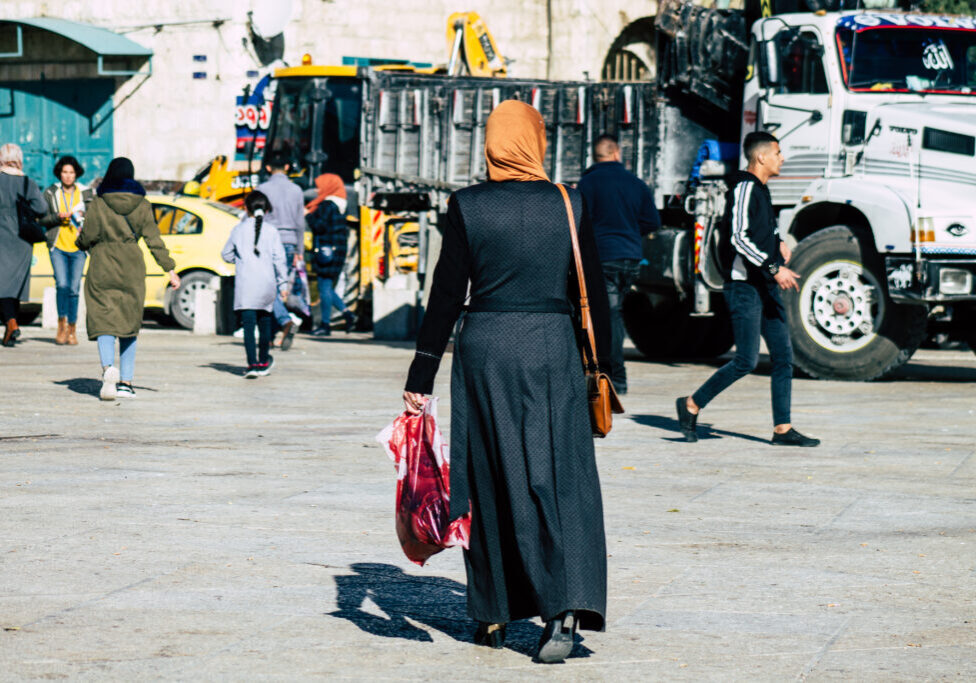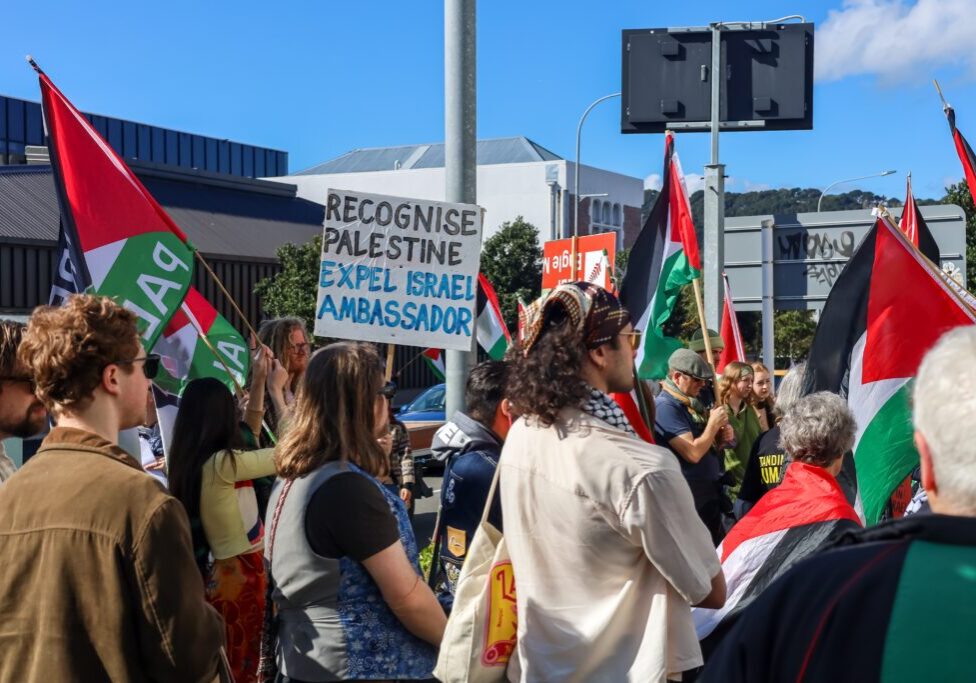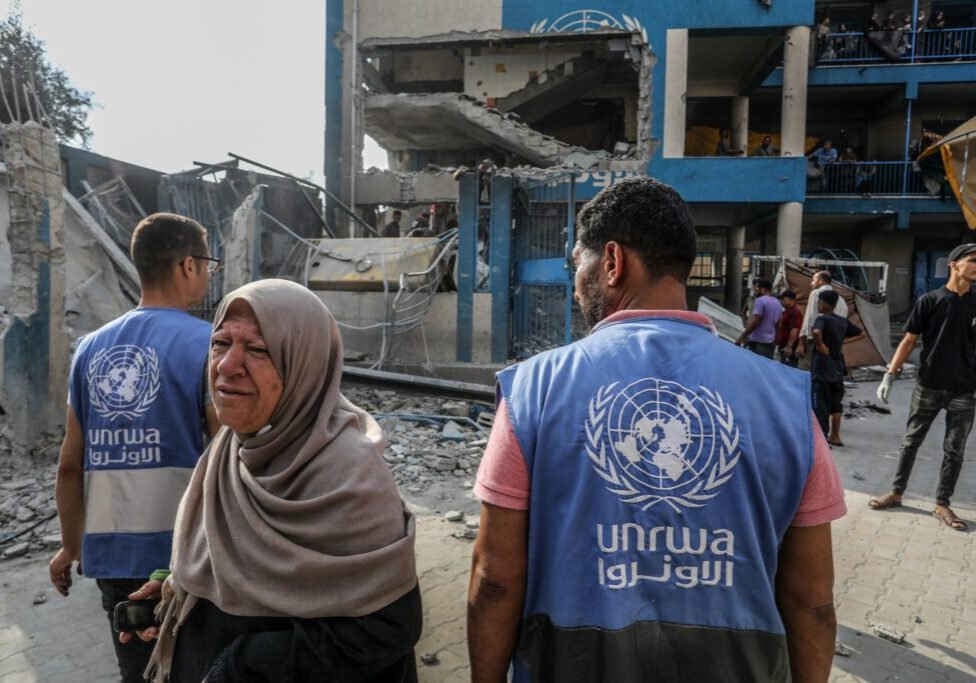Australia/Israel Review
Capitalising on Low Expectations
Sep 27, 2010 | Michael Weiss
By Michael Weiss
No one believes that Arab-Israeli direct talks are likely to lead to a viable peace deal since none of the preconditions for one are in place. Hamas still controls Gaza and tosses Fatah loyalists off of rooftops. Jerusalem is either a Palestinian capital or an undivided Israeli one. Religious-nationalist settlements in the West Bank are due to renew their “natural growth” at the end of the month. Palestinians demand that all refugees of the 1948 and 1967 wars, and their descendants, be allowed back into what is now the State of Israel. Given this dour climate for rapprochement, one would be forgiven for not taking notice of the substantive if prosaic achievements that these negotiations may yet yield, namely, those fixed around furthering Palestinian Prime Minister Salam Fayyad’s state-building efforts in the West Bank.
A year ago, Fayyad introduced a two-year plan for laying down the armature of a future Palestinian state with an emphasis on economic development, security and bureaucratic housecleaning. The goal was to end the corrupt, Tammany-style system of patronage that formerly defined the Palestinian Authority under Yasser Arafat and create transparent and accountable institutions beholden to no one party, particularly Fatah. Not only were these the necessary preconditions for a functioning democracy, Fayyad reasoned, but they were also indispensable indicators of financial health and stability necessary for luring foreign capital. Halfway through, Fayyad’s two year-program is working.
The West Bank economy, according to the International Monetary Fund, grew 8.5% last year despite a global recession and ongoing military occupation. Nablus, formerly a flashpoint in the Second Intifada, is today home to a burgeoning marketplace of imported luxury goods and a brand new cinema featuring the latest Hollywood blockbusters. An older movie house in Jenin, another memorable locus for Arab-Israeli violence, reopened last month after being shuttered for twenty years and just in time for a three-day film festival. Ramallah, the de facto Palestinian capital, is undergoing both a cultural renaissance as well as a housing boom, with apartments in well-off neighbourhoods now selling for as much as US$200,000 each. The trendy Jordanian cafe-restaurant chain Tche Tche has unveiled a branch in Ramallah, and a 5-star Mövenpick hotel was set to open in September.
Close to 1,300 new building licenses were issued by the Palestinian Authority (PA) in 2009, signaling that dramatic construction in the West Bank doesn’t just occur in settlements. A Qatari-Palestinian real estate company has recently broken ground on Rawabi, the West Bank’s first planned city, located about six miles outside of Ramallah and designed as a high-tech suburb with business and commercial districts, a manmade forest and a 5,000-unit residential bloc that spans 23 distinct neighbourhoods. To aid Palestinian home ownership, a new PA-sponsored mortgage fund, valued at US$500 million, is set to launch later this year.
Built into Fayyad’s neoliberal economic prescription for statehood is a no-nonsense, Giuliani-style emphasis on security. Of the US$500 million PA receives annually in foreign aid, US$100 million goes toward maintaining law and order. The Palestinian security forces – a 2,000-man contingent of which has been trained by US Lt. Gen. Keith Dayton – has done such an admirable enough job of keeping the peace that, since 2008, Israel has reduced its major manned checkpoints in the West Bank by about two thirds. A Palestinian can today drive from Jerusalem to Hebron on Route 60 without facing any physical impediments. In mid-August, the IDF even began tearing down a 600-metre concrete barrier erected a decade ago to protect the southern Jerusalem neighbourhood of Gilo from Palestinian gunfire.
IDF spokesperson Lt. Col. Avital Leibovich told me that apart from Hamas’ vicious and opportunistic murder of settlers in early September, designed to derail the Washington summit, there were just two other incidents in all of 2010 in which Israeli civilians were killed in the West Bank. Otherwise, she said, the security situation was still “stable.”
With such concrete achievements in mind, might there not be room for PA President Mahmoud Abbas and Israeli Prime Minister Binyamin Netanyahu to fashion a modest consensus? Call it Phase Two of Palestinian state-building.
First, Israel can do more to speed up the erasure of its military footprint in the West Bank. In addition to manned checkpoints, there are over 500 dirt roadblocks still in place, the further reduction of which would enable greater internal mobility for Palestinians but also act as a sweetener for corporate investment. Second, according to the PA’s checklist for state-building, many crucial projects have yet to receive funding. These include those that Israel has it in its long-term interests to see implemented, such as updating the Palestinian legal framework, training more civil servants, building new complexes for the security agencies, investing in civil defence infrastructure and bolstering the judiciary in the north West Bank.
In return, the PA can offer Israel something it’s been wanting for decades: substantive educational and cultural reforms to ensure that future generations of Palestinians are reared on the value of peaceful coexistence with the neighbours, not violent irredentism. PA television under the control of Fatah and PLO hardliners still broadcasts news and quiz shows that speak of Israeli cities such as Ashkelon and Haifa and Acre as part of Greater Palestine. The PA Ministry of Agriculture currently displays maps of the Levant sans a Jewish state. These are some of the milder geographic offenses. Abbas should also pledge to end the state-backed promulgation, in the arts and press, of paranoid conspiracy theories that blame Israel for spreading the AIDS virus, assassinating Arafat and introducing drugs into Palestinian society.
Fortunately, Fayyad seems keen on exactly these types of reforms as well. On Aug. 8, speaking in Arabic, he introduced an unprecedented program for rehabilitating Palestinian education, which he rightly called a “key priority” for statehood. He fastened on three areas for scrubbing the current curriculum: strengthening language skills, teaching critical thinking over rote memorisation, and eliminating religious fanaticism and indoctrination. Boys and girls should learn to shake each other’s hands, Fayyad said, not just because women are equal to men but because tomorrow’s Palestinian businesspeople will not navigate a global marketplace if their social customs are rooted in sharia law. (Unsurprisingly, Hamas assailed this plan as a “war on Islam.”)
The upside to pessimism is that you can always be pleasantly surprised. Grand gesture diplomacy á la Oslo has failed precisely where the less romanticised policy of bricks-and-mortar Palestinian state-building has excelled, albeit quietly. It’d be a waste of perfectly good low expectations not to expand upon this propitious reality in the days and weeks to come.
Michael Weiss is a British journalist, editor and blogger whose work has appeared in many international publications including Slate, Gawker, New York, Reason, The New Criterion and the Weekly Standard.© Standpoint magazine (www.standpointmag.co.uk), reprinted by permission, all rights reserved.
Tags: Palestinians






